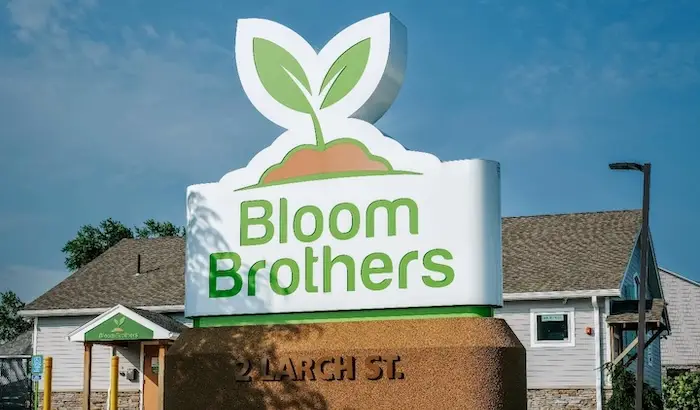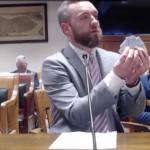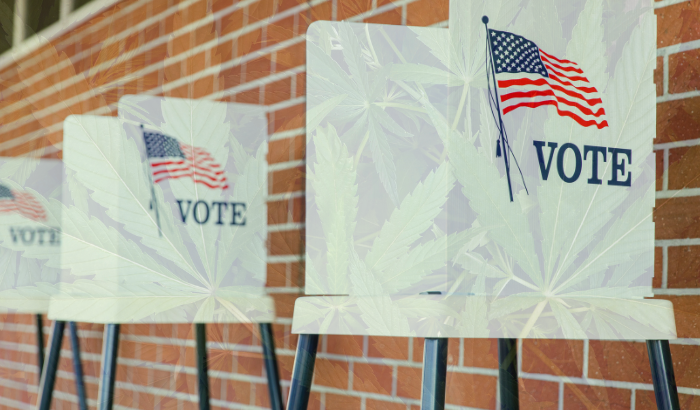
Pittsfield to return more than $700k to three cannabis companies
Since the dawn of medical and adult-use cannabis sales in the Bay State, cities and towns have dispatched attorneys and comptrollers to extract as much money as possible from vulnerable operations.
As a result, municipalities have collected millions of dollars under the guise of so-called community impact fees. From the start, local governments were supposed to demonstrate how those payments were actually offsetting costs incurred, but that’s not how it worked in practice. Instead, many cities and towns basically extorted companies. Oh, you want to keep on doing business here? Fuck you, pay me.
According to the Massachusetts Cannabis Business Association, “a 2022 analysis of cannabis community impact fees in a sampling of 54 cities and towns found that the state’s municipalities had collected more than $50 million from those communities alone.” Furthermore, “Based on the size of the state’s legal cannabis market, the total amount of community impact fees collected since legalization could be as high as $165 million.”
But now things are starting to change. Thanks to new regulations at the state level around Host Community Agreements as well as several lawsuits filed by cannabis companies against their hosts across the state, greedy bureaucrats are losing out, and in some cases they’re being made to reluctantly return impact fees from past years. The latest example comes out of Western Mass …
As the Berkshire Eagle reported, “The [Pittsfield] City Council voted 10-1—with council Vice President Earl Persip III voting in opposition—to allow the city solicitor to use $786,625 in the city’s free cash to settle ongoing legal disputes with Temescal Wellness, Berkshire Roots and Bloom Brothers.”
“Under the settlement agreements, Temescal will receive $360,375, Berkshire Roots will receive $341,000 and Bloom Brothers will receive $85,250; the city makes no admission of liability.” The latter initially sued the city in April 2022, arguing that Pittsfield neglected to show how it spent $110,000 the dispensary had paid for impact on related services or infrastructure.
Pittsfield Mayor Peter Marchetti tried to play it cool, telling reporters, “What we settled for now is less than what each of the companies paid into.” And while his argument, that the city was better off settling now than risking having to return all of the fees collected, is seemingly prudent, we’ll also count it as the latest concession that impact fees were a devilish ruse from the get-go.
Not that Marchetti went down silently; the mayor told the Eagle, “I’m disappointed, quite frankly, in the companies that were willing and able [to do this]—that had attorneys in the room and they all read these rules and regs and they knew what they were doing.” And he certainly won’t be the last official crying tears into his short-sleeve dress shirt …
Though businesspeople and attorneys have railed against cheap municipal extortion since the state’s adult-use regulations first came out more than five years ago, the movement for dispensareparations gained momentum about two years ago, when Caroline’s Cannabis “filed a lawsuit in Worcester Superior Court seeking an order requiring the Town of Uxbridge to produce documentation to substantiate the community impact fee it has been collecting” from their business, the first woman-owned recreational cannabis shop in the commonwealth.
The suit stemmed from our state’s imperfect Governing Adult Use Marijuana Act. As the law was initially written, adult-use as well as medical establishments were required to secure Host Community Agreements (HCAs) with municipalities where they planned on setting up shop. The Act also allowed cities or towns to impose an optional local tax of up to 3% of gross sales, as well as an impact fee to recoup expenditures related to the business they are hosting.
The catch: municipalities had to actually produce receipts. And since many towns across the state have refused to show how they have shouldered these costs, several companies have sued their hosts.
Caroline’s was among the first to make that move. In April 2022, they filed their lawsuit claiming “that there have been no impacts or costs to the Town of Uxbridge and, in the absence of documentation of costs, the Town cannot collect the impact fee. In its Complaint, Caroline’s Cannabis alleged that it requested the documented costs and the Town failed to provide any relevant documents as required by [state law].”
Since Caroline’s first brought its suit, the tables have tilted in favor of those looking for refunds. In November 2022, state lawmakers passed a law requiring the Cannabis Control Commission to rewrite the section of the law that governs HCAs, and last year the CCC finalized those rules. Among them, the new regulations clarify that towns and cities have to document expenses incurred if they expect to get paid.
In a game-changing development, on Dec. 29, 2023, Uxbridge “settle[d] and refund[ed] the majority of Caroline’s Cannabis’s impact fee payments … in what is believed to be the first of its kind in the Commonwealth of Massachusetts.” Specifically, “Caroline’s Cannabis is being refunded $1,171,633.60, which is 80% of the payments made.”
And this week, though under slightly different legal circumstances, Pittsfield followed suit. Meanwhile, other places have similar cases pending, like in nearby Great Barrington.
What city or town will be next?
























